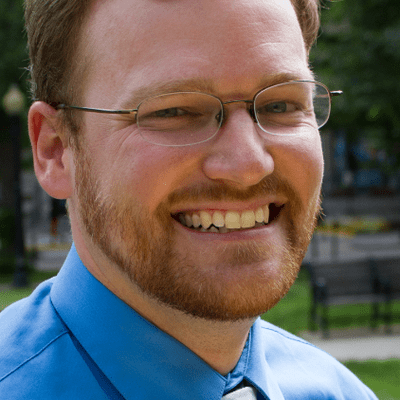Introduction
Deep in the heart of coal country, New Power PAC touts candidates who support clean energy.
While the Kentucky-based super PAC has registered with the Federal Election Commission like other super PACs, it’s unlike most of its brethren in that its only activity during the 2012 election cycle was at the state-level.
It’s also unlike many of its counterparts in that the only donor it has revealed is a group called Kentuckians for the Commonwealth, a “social welfare” nonprofit group organized under Section 501(c)(4) of the U.S. tax code and, therefore, not required to reveal its funding sources.
More than 99 percent of the nearly $47,000 New Power PAC raised during the 2012 election cycle came from this related nonprofit, documents filed with the FEC indicate. State and federal records show the group paid for advertising online, in newspapers and on the radio in seven state-level legislative races.
Steve Boyce, who served as the chairman of Kentuckians for the Commonwealth during 2011 and 2012, says this lack of disclosure isn’t for nefarious reasons.
Boyce said that his organization, which reported about $550,000 in revenue to the Internal Revenue Service in 2011, relies on “grassroots giving” and that the average household donation is “pretty modest,” somewhere between $100 and $150.
“I wish there were more people who needed to be disclosed,” Boyce told the Center for Public Integrity.
The group, he said, has focused its fundraising energies on raising money for the nonprofit, not the super PAC.
“There was some hope in the beginning that [New Power PAC] might expand the philanthropic pie,” Boyce said. “So far, we’re not seeing evidence of that.”
In addition to environmental issues, Boyce said that Kentuckians for the Commonwealth also supports tax reform and voting rights — and may even wade into campaign finance reform. The U.S. Supreme Court’s Citizens United ruling, he said, “is really a mistake.”
Why is 2013 an important year for campaign finance? Dave Levinthal and Michael Beckel will answer that, and many other questions about the money-in-politics world in a live chat on Monday, Feb. 4, at 1 p.m. ET.
Read more in Money and Democracy
Primary Source
Gabrielle Giffords’ PAC attracts little interest
Committee reports just $8K to its name heading into 2013 while separate super PAC thrives
Primary Source
Green Party awash in red ink?
Environmentally minded politicos struggle to keep financial house in order

Join the conversation
Show Comments